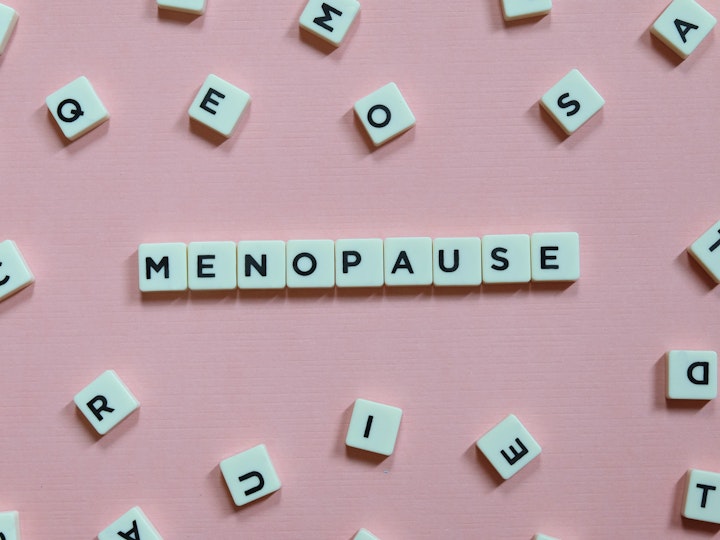How can businesses support menopausal employees?
Dr Tatiana Rowson discusses the impact menopause can have on employees.

There has been a growing concern about the potential impact of the menopause transition on women’s careers and working life. According to the World Health Organisation, menopause refers to the end of women’s reproductive cycle that tends to naturally occur around 51 years old (in the UK), however it may happen at a younger age due to premature or medical menopause.
Women aged 50+ represents a significant share of the workforce according to data from the ONS, and 8 in 10 will be in work during the menopause years. The importance of supporting women at this life stage to thrive at work is not only a diversity issue but also a business necessity as organisations will increasingly need to retain older workers.
Menopause is still a taboo subject at work yet failing to support women can impact their ability to work at a time when they should be reaching more senior positions.
How can menopause impact women’s work life?
Even though we talk about menopause, it is the experience of symptoms that affects women. Transgender and non-binary individuals may also experience menopausal symptoms. These range from physical (e.g. night sweats and hot flushes) to psychological and cognitive symptoms (e.g. anxiety, loss of confidence and brain fog). The symptoms may last for up to 10 years from perimenopause (when hormonal levels start to fluctuate, initiating the process) and post-menopause (after the transition). While only 25% of women report experiencing severe symptoms, for all women, the symptoms can be made worse by poor work conditions, unsupportive management or a stressful work environment, as well as other personal life demands. Some women may be unaware that what they are experiencing is menopause-related, as some symptoms can be easily confused with other physical or mental health issues.
How can managers and organisations support menopausal women at work?
Ideally, organisations should be introducing clear policies to guide managers and staff on how to support women. There is plenty of guidance available from unions and professional bodies. Several organisations have also chosen to make their policies public.
Regardless of policy, there are three key steps that all organisations can take.
1) Providing information, not only for line managers but for staff so they are able to recognise the signs that something is not right and seek (or offer) support.
2) Fostering an open and inclusive culture towards the menopause, that encourages women to come forward and discuss the adjustments and the support they may need.
3) Allowing flexibility for women to manage their workload, control the temperature of their environments, wear cooler clothing, and take comfort breaks to manage their symptoms.
Menopause is an expected biological transition and a normal phase of life – World Menopause Day reminds us of that. For most women, the experience of symptoms will ease over time and supporting them to remain at work during this period is an important step in maintaining a gender (and age) inclusive work environment.



